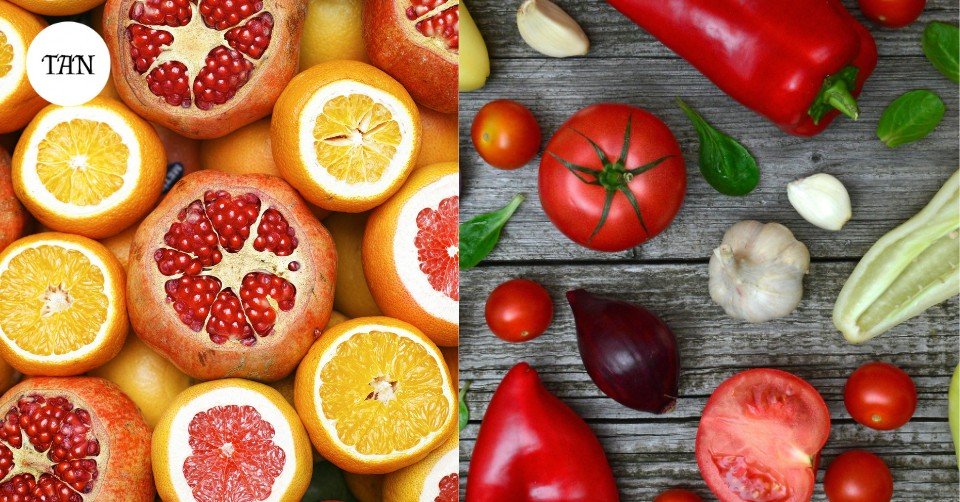Over the past few years especially, the idea of the planet first diet has received a lot of consideration despite being known to have effectiveness in the enhancement of the environment, but most important of all is the improvement of health standards. Researchers have found out that integrated lifestyle changes that promote sustainability can reduce mortality by at least 30%. This revelation shows how interconnected the health of our planet is to our own health as humans [here we have our topic about environmental health].
Understanding the Planet-First Diet

In the process of preferred preparation, the planet-first diet considers plant-based foods as more favorable than meats and encourages the use of local and seasonal products. This is achieved based on its core objective of reducing the environmental impacts typically linked to the production of food items like greenhouse gases, land, and water. Key components of this diet include:Key components of this diet include:
- Fruits and Vegetables: A diverse array of fresh produce forms the cornerstone of the planet-first diet, providing essential vitamins, minerals, and antioxidants.
- Whole Grains: Foods like quinoa, barley, and oats are preferred for their low environmental impact and high nutritional value.
- Legumes and Nuts: These protein-rich foods are excellent meat substitutes, reducing the reliance on animal farming.
- Sustainable Seafood: When included, seafood is chosen based on sustainable fishing practices to prevent overfishing and ecosystem damage.
By focusing on such food groups people not only help make the planet a better fit place to live in but also get to partake in a nutrient-packed diet which lacks the unfriendly fats and processed sugar.
The Health Benefits of a Planet-First Diet

This paper presents the positive effects that planet-first diet demonstrates to people’s health showing that, in combination, they lead to a decreased level of death rates. Some of the key health benefits include:Some of the key health benefits include:
- Cardiovascular Health: Low density of fruits, vegetables and whole grain foods have a slim chance of causing hypertension thus lowering cholesterol levels hence reduce cases of heart diseases.
- Weight Management: Selecting plant-based foods, no processed meats, and limiting sugars contributes to current weight management; which is of great importance to health.
- Diabetes Prevention: Low consumption of refined carbohydrate and high fiber intake is one way of preventing type two diabetes since it control blood glucose.
- Cancer Prevention: A flood of antioxidants and anti – inflammation results from taking foods that are derived from plants, thus cutting the incidence of several cancers as research in discovering distinctive remedies to cancer have discovered.
For more insights on advancements in cancer treatment and their impact on patients, you can read Breakthroughs in Cancer Treatment: New Therapies and Their Impact on Patients.
The Environmental Connection to Health
Unlike a conventional diet that seeks to enhance one’s wellbeing as an individual, the planet-first diet enhances the health of the ecosystem and therefore that of the human beings. It’s possible to note that curbing on meat eating portion and shifts toward conscious farming can help to lessen some of the terrible strains put on food production environment. For instance:
- Lower Greenhouse Gas Emissions: Greenhouse gases are emitted by the meat industries as it is one of the largest culprits. Research has shown that by gradually moving from the conventional western diet that includes large portions of meat, one is privileged to slice of his or her carbonization drastically.
- Conservation of Water: Resources: Vegetarianism is another significant factor that aids in water conservation since plant-based diets often need comparatively less water than diets containing meat.
- Biodiversity Preservation: Pesticides have negative impacts on the farmer’s health, soil health, crop quality and the ecosystem while sustainable farming and decreased meat consumption decreases the rate of chopping forest to create space for animal grazing hence a decrease in biodiversity loss.
How to Transition to a Planet-First Diet
Rating it me-first planet: It may sound like a difficult transition, and it is, but it is not an impossible task to walk towards this destiny by making small and wise adjustments. Here are some practical tips to ease the transition:Here are some practical tips to ease the transition:
- Start Small: People can start by adding or increasing the consumption of fruits and vegetables into their diets. It is also recommended that no less than 40% of your plate’s contents to be obtained from plant food sources.
- Explore Meat Alternatives: Incorporate bean recipes, nuts, and vegetables containing protein. A variety of tasty nutritional vegetable based food products which mimic meat are also available in the market.
- Choose Local and Seasonal: Select fresh foods and those that are available in your locality during a specific season. This not only help local farmers but also provide food that is fresh and contain more nutrients than those found in supermarket because the food does not need to travel long distance before it is consumed.
- Educate Yourself: Learn about various methods and consequences of affecting sustainability on the types of foods being consumed. Education is a key factor behind any social reform, be it in the scientific or in the political field.




